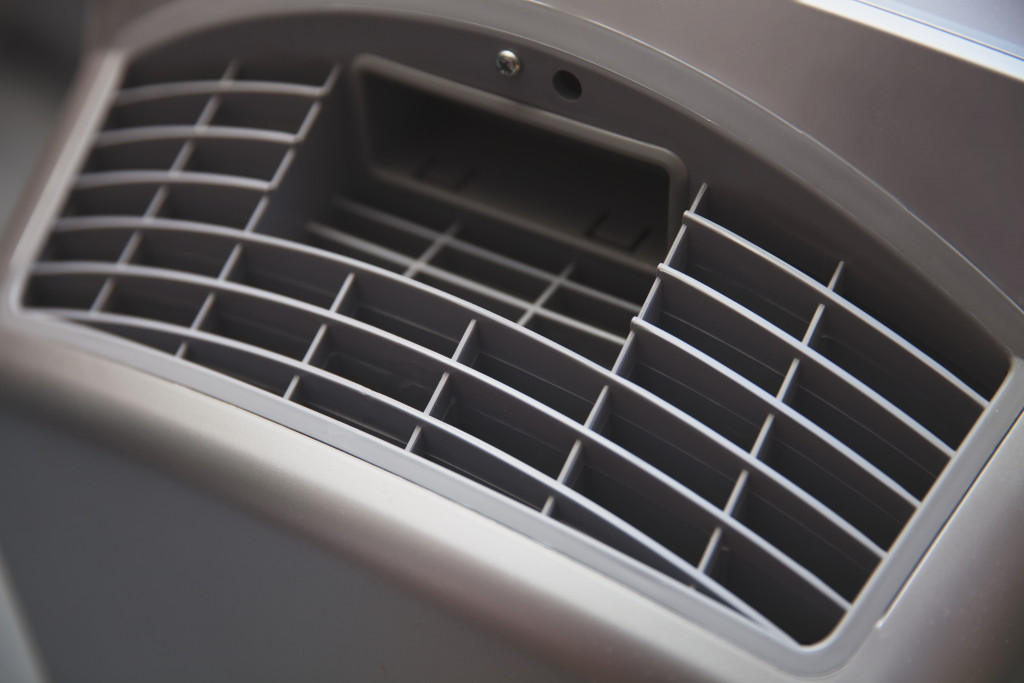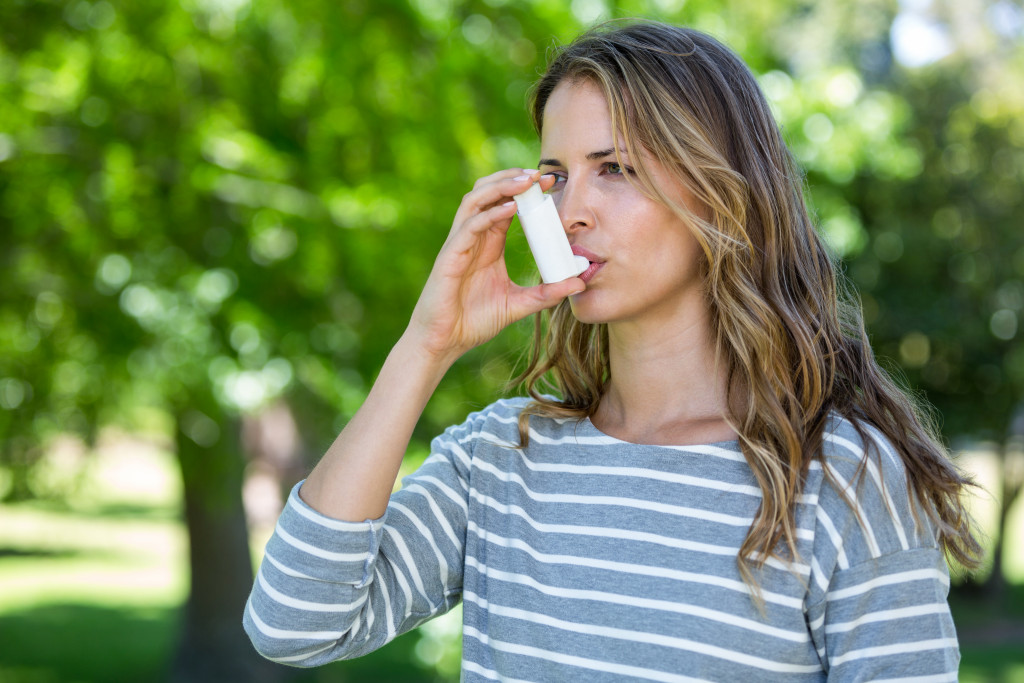Asthma is a respiratory condition caused when the tubes or airways in your lungs that’s responsible for letting the air go in and out of it swells or becomes inflamed. It causes the lungs to be sensitive, and the muscles surrounding the organ become tight, making the airways narrow. This sudden contraction in the lungs’ tubes makes it more difficult to breathe.
Asthma symptoms range from mild to severe, including coughing, wheezing, chest tightness, and difficulty breathing, but these are likely to go away on their own. However, severe symptoms, like an asthma attack, flare-up, or exacerbation, can be fatal when left unchecked. Although there’s no cure for the condition, you can manage your symptoms to safe levels.
One way to lower your risk of developing asthma attacks or flare-ups is by reducing your exposure to allergens present in the environment that can trigger asthma. An air purifier is a great way to fight against these allergens, that’s why many homeowners choose to install air filtering systems or air purifiers in the comfort of their homes.
To help you understand more about how the air you breathe affects your asthma, here’s everything you need to know about air purifiers.
What Are Air Purifiers?
Air purifiers are portable air cleaners that help in trapping dust and other pollutants inside your home before it can settle, effectively reducing build-up. It can remove around 99% of airborne bacteria floating around your indoor air, including pollen, mold, spores, and other bacterias that can trigger asthma or cause your family to get sick. An air purifier can also sanitize air that comes through it, meaning it traps and cleans your air simultaneously, giving you a healthier and cleaner home.
How Air Purifiers Help with Asthma
The most common pollutants that float around your home can trigger asthma, including smoke, mold, pollen, dust, and pet dander or fur. Having an air purifier in your home can eliminate these environmental triggers from your home’s indoor air by trapping them in its filter. The air purification process works by the filter bringing in the air towards it and trapping the small particles in it, releasing cleaner air.
Different studies shed light on the wonders of air purifiers, but most would agree that it can improve the indoor air quality of your home. And a study in 2018 found that air purifiers can help alleviate asthma symptoms, especially for kids with the condition.
Choosing the Right Air Purifier

The most effective air purifiers that can help in relieving asthma include the following features:
- The most effective air purifiers should meet the HEPA (High-Efficiency Particulate Air) requirements. If it meets those requirements, the air purifier can remove the tiniest particles, a must-have if you want it to relieve asthma symptoms.
- Air purifiers have air filters that help trap allergens, and the best ones for alleviating asthma symptoms are the ones that have a filter for gasses and one for the particles, providing you with cleaner air.
When buying an air purifier, ensure it’s the correct size for the area you plan to purify. If you want to have clean air in a larger room, it’s better to have multiple air purifiers for the best result.
Preventing the accumulation of allergens that can trigger asthma can help in managing your asthma symptoms. Ensure the air purifier you want to add to your home can trap tiny particles and sanitize and filter air simultaneously for the best results.

